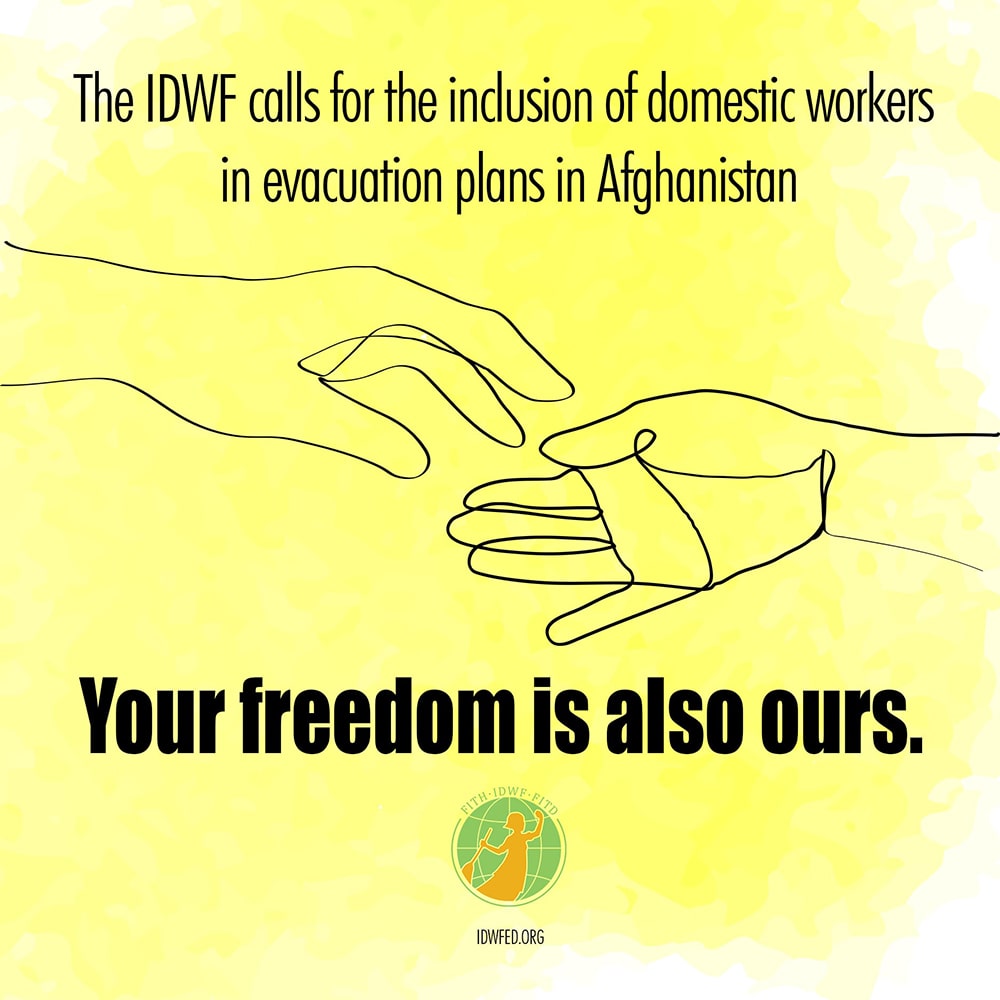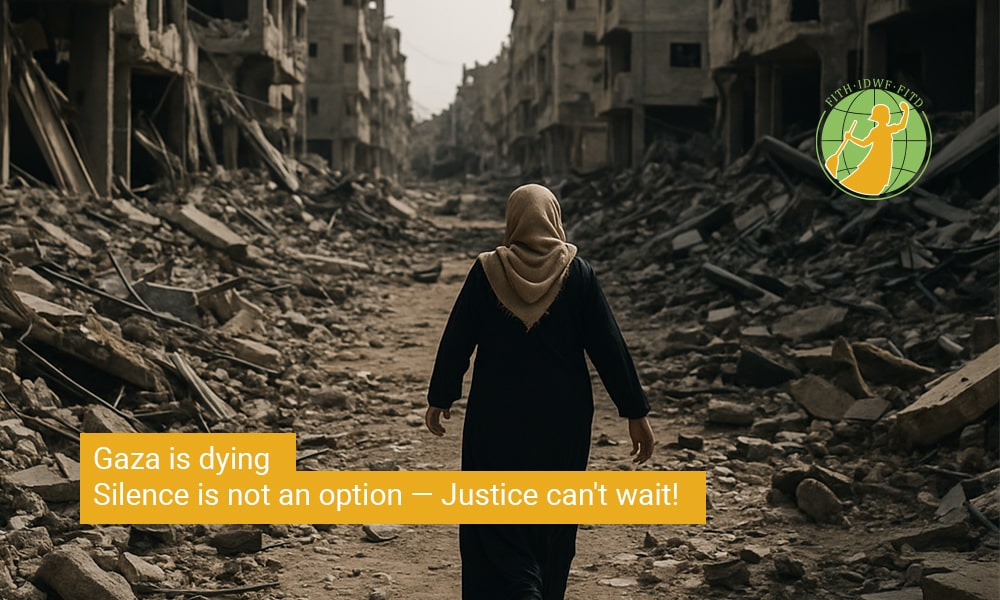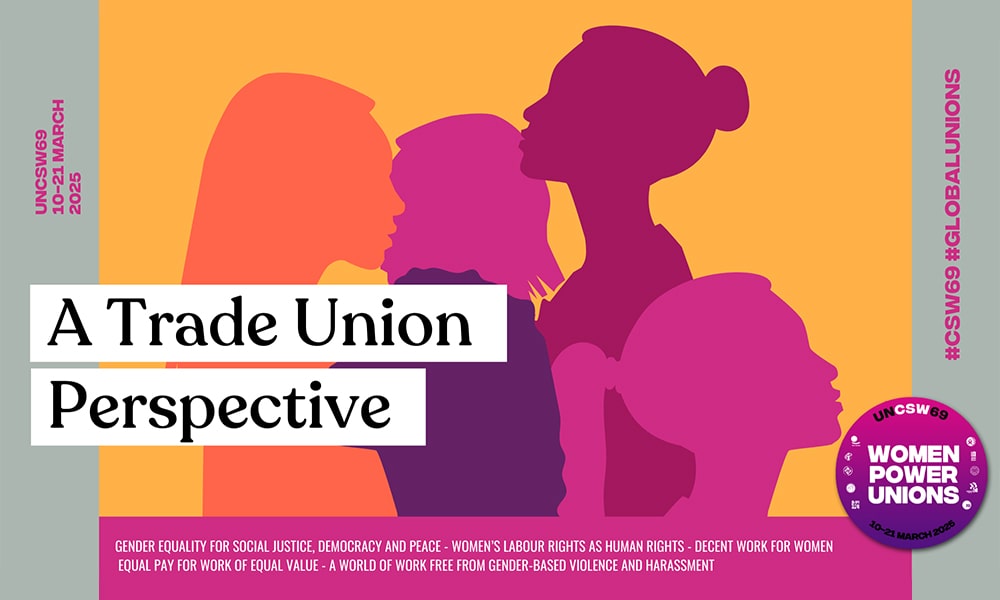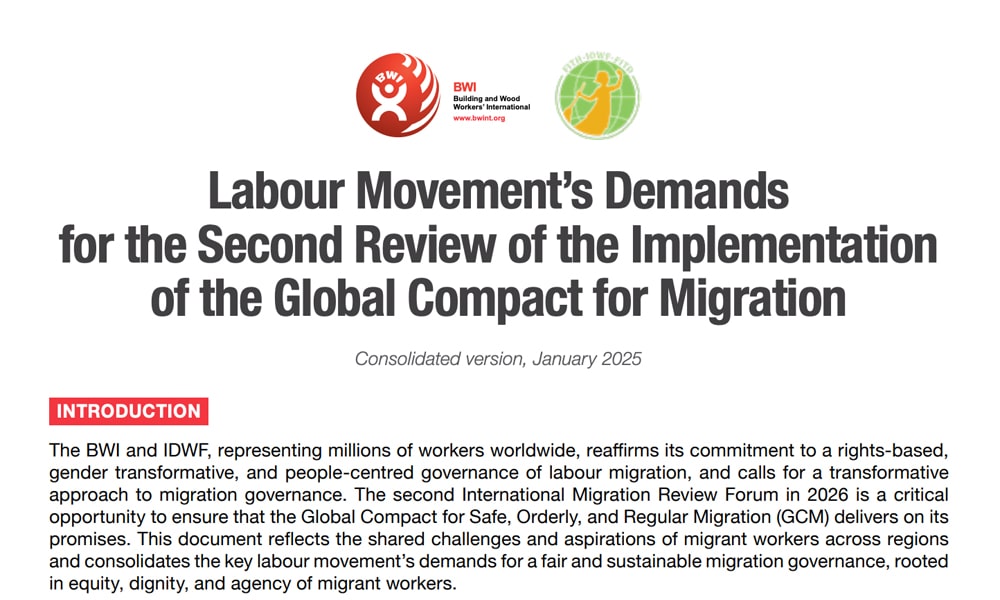We call for the inclusion of domestic workers in evacuation plans and the creation of safe channels for the return of low-waged migrants in Afghanistan to their home countries.
Afghanistan –
Following the gut-wrenching ongoing events in Afghanistan, the International Domestic Workers Federation (IDWF) extends its solidarity to those suffering from continuous proxy wars, colonial legacies, competing international interests, and the rise of the Taliban: all facets to a complex evil that is often narrowed down to and labeled domestic unrest.
As an organization dedicated to amplifying the voice and interests of domestic workers everywhere, we understand the complexities of contexts navigated by those most vulnerable, and we are fully committed to denouncing these injustices. Our sisters and brothers in Afghanistan must have life and have it more abundantly.
It should not take over 1,659 deaths and a “record” number of women and girls killed and wounded to rally international attention to the continuous man-made disasters in Afghanistan. The people of and in Afghanistan prove resilient time and time again, disaster after disaster. The cost of this resilience, however, is too grand to be demanded of those desiring to flee to freedom.
As governments deliberate on whether to open borders or not for people fleeing Afghanistan, we reiterate that people’s lives are no matter for deliberation. We command governments on their efforts in evacuating their expats, and we call on them to include domestic workers who often served these same expats and their families, but who are being left behind. A person’s nationality or occupation should not be a death sentence.
Afghanistan is wealthy in resources but purposefully impoverished, ranking 171 out of 188 on the UN Human Development Index. To survive, families must work: they put their children in informal and hazardous jobs, including domestic work, in turn preventing them from accessing education. Almost half of the population in Afghanistan are under 16. With the rise of the Taliban, girl-children education becomes nearly impossible, dooming them and their families to a life of chronic poverty, precarity, and lack of social mobility. The elimination of child labor is not only a key demand of domestic workers’ movements around the world but is also a commitment that Afghanistan made through ratifying the International Labor Organization (ILO) Convention No. 182 on the Worst Forms of Child Labor, and Convention No. 138 on the Minimum Age of Employment. The situation will deteriorate children’s rights and make addressing child labor even more urgent.
We call for the inclusion of domestic workers in evacuation plans and the creation of safe channels for the return of low-waged migrants in Afghanistan to their home countries.
Most importantly, we call for governmental policies not to sustain people’s citizenship and labor status as expressions of their lives’ worth.This includes our sisters and brothers, women, girls, and informal workers in Afghanistan:
Your freedom is also ours.







